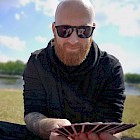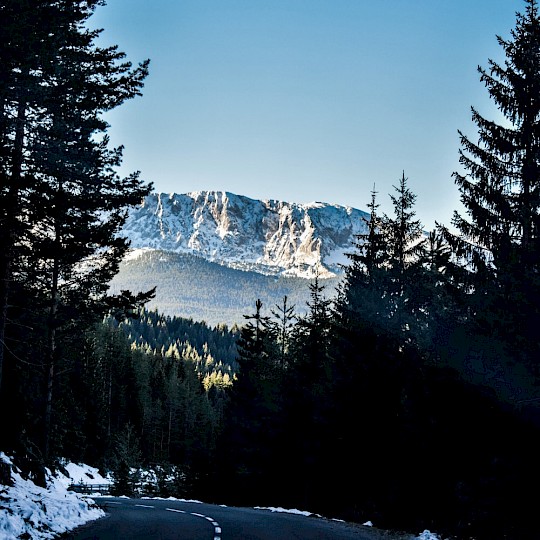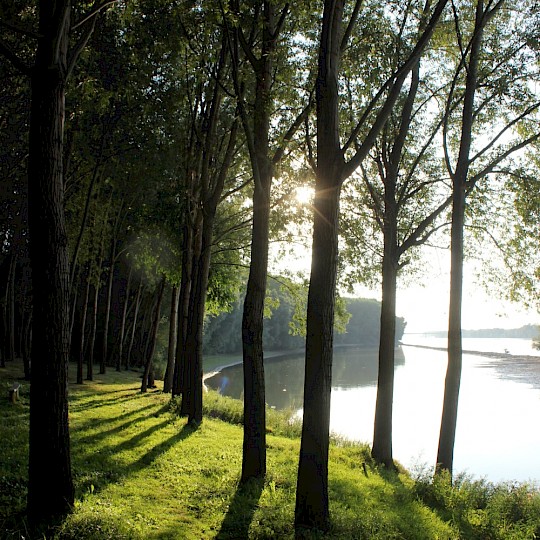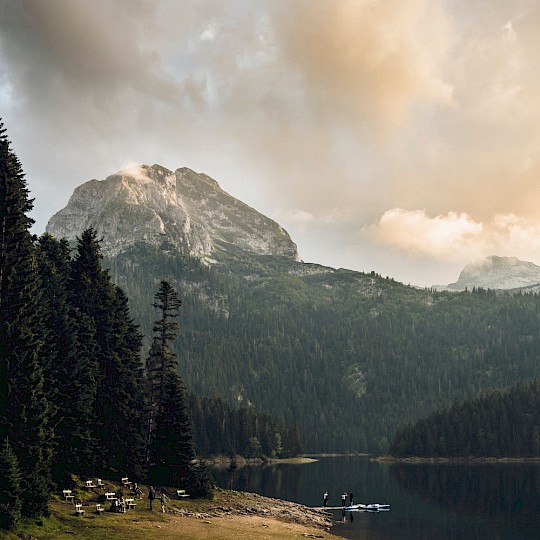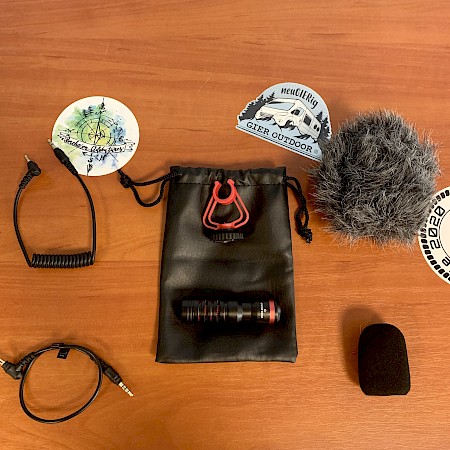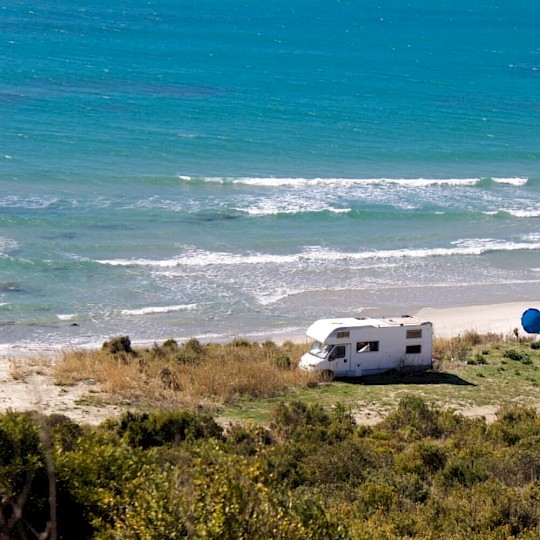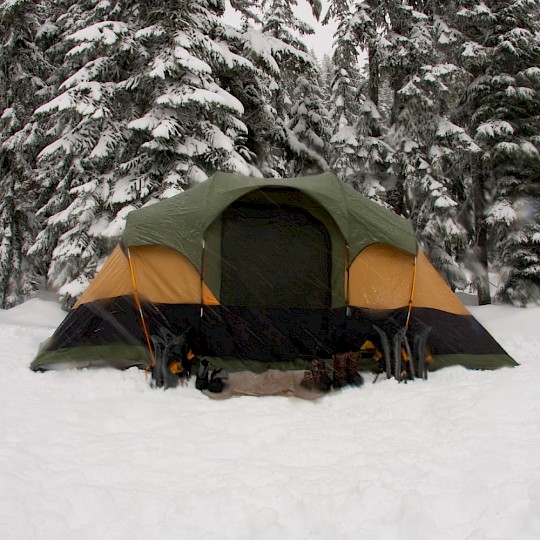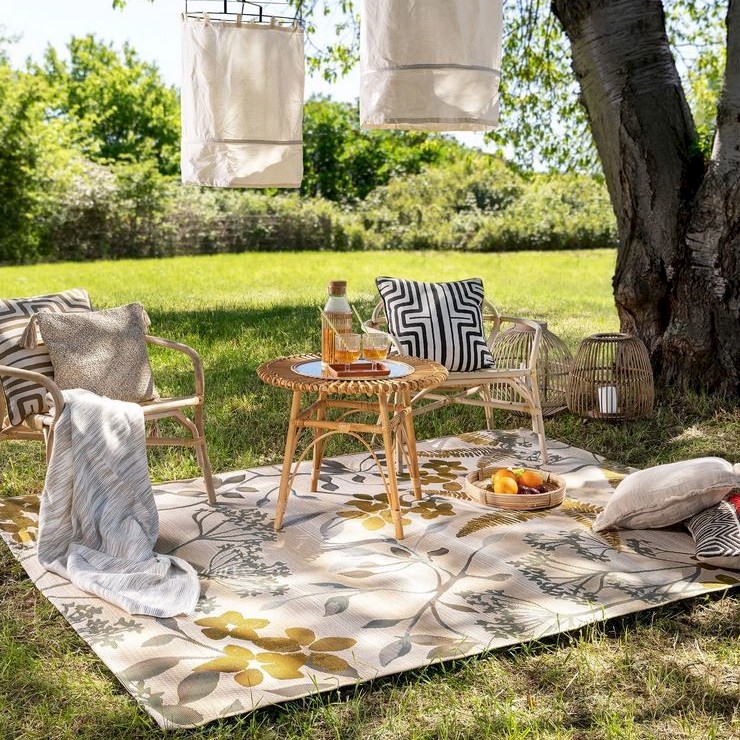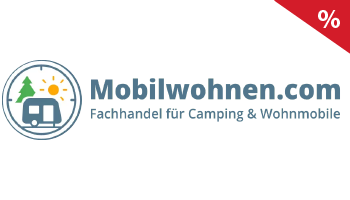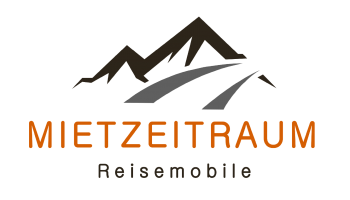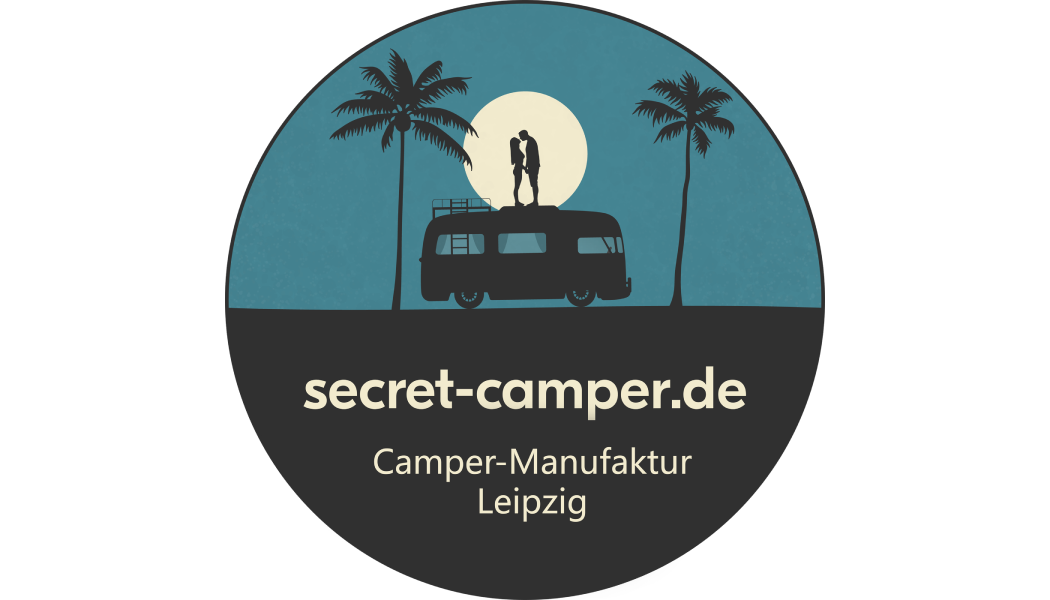Fact #1 - Raspberries and Plums
Approximately 30 % of all raspberries sold worldwide come from Serbia. This makes Serbia the largest exporter of raspberries. They are also in first place for plums.
Fact #2 - Watches
When you think of watches, you usually think of Switzerland. But the Serbs had their first watches much earlier, 200 years before the Swiss.
Fact #3 - Hospitality
Hospitality is rooted in Serbia's culture. According to a saying, they get the affection of the gods only if they treat their guests well.
Fact #4 - Cheese
Serbia produces one of the most expensive cheeses in the world. Pule is made from donkey's milk and costs around 1.000 € per kilo due to the complex production process.
Fact #5 - Vampires
The word vampire is one of the few Serbian words used worldwide. The first official vampire was the Serbian Petar Blagojević.
Fact #6 - Roman Emperors
Serbia is the land of the Roman emperors. 18 of them were born in the third and fourth centuries in present-day Serbia. That is about 20 % of all Roman emperors.
Fact #7 - Belgrade
Belgrade is one of the oldest cities in Europe and has existed for more than 7.000 years. It is also one of the largest cities in the Balkans.
Fact #8 - The White Angel
The White Angel (in Serbian Beli Anđeo) is one of the most important frescoes in Serbia and was the first image to be transmitted by satellite from Europe to America.
Fact #9 - Vrelo
The river Vrelo is one of the smallest rivers in the world and only 365 meters long. Due to its length, which corresponds to the number of days in a year, it is also called Godina, Serbian for a year.
Fact #10 - Cathedral of St. Sava
The Cathedral of St. Sava in Belgrade is one of the largest Orthodox churches in the world and one of the ten largest churches in the world.


